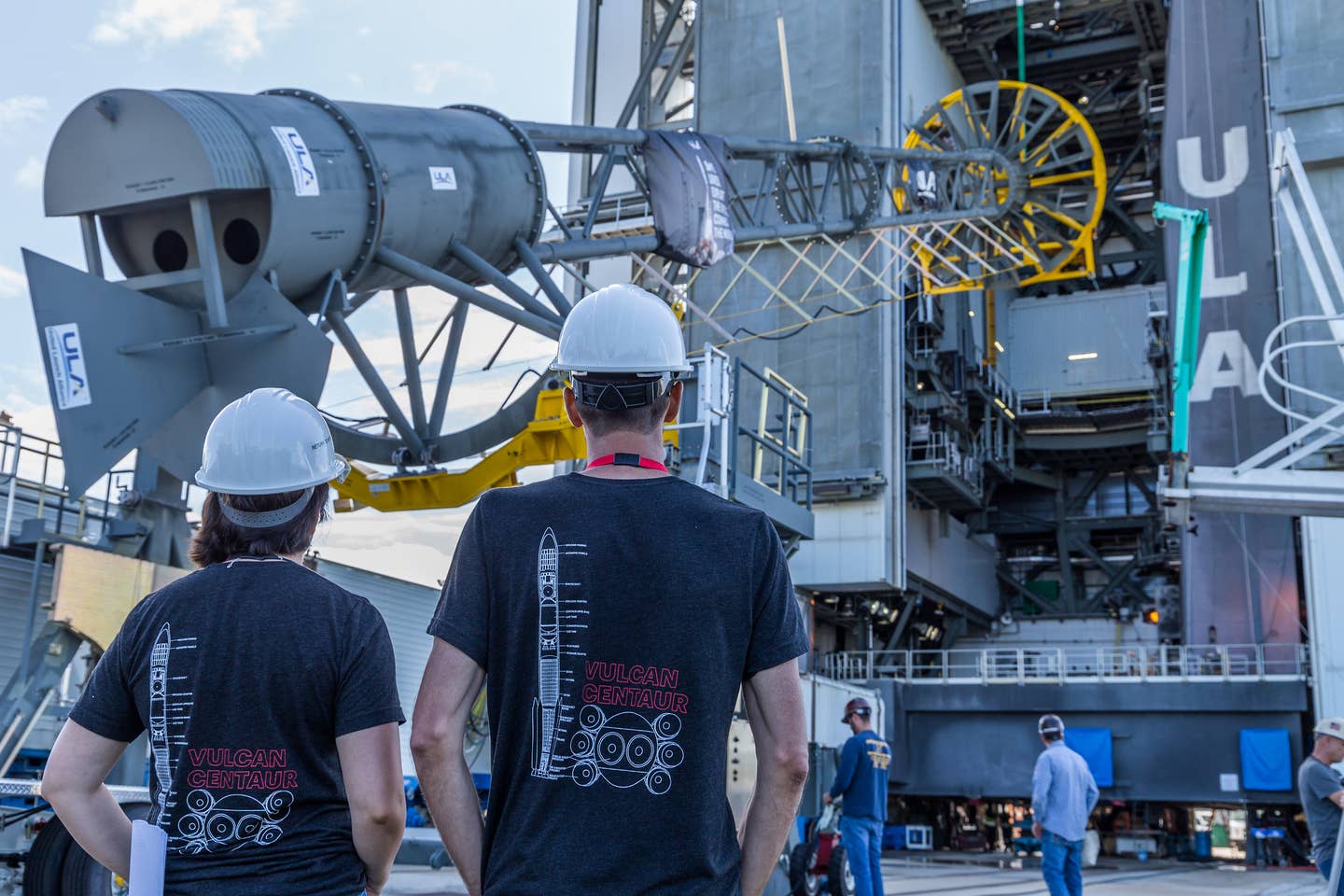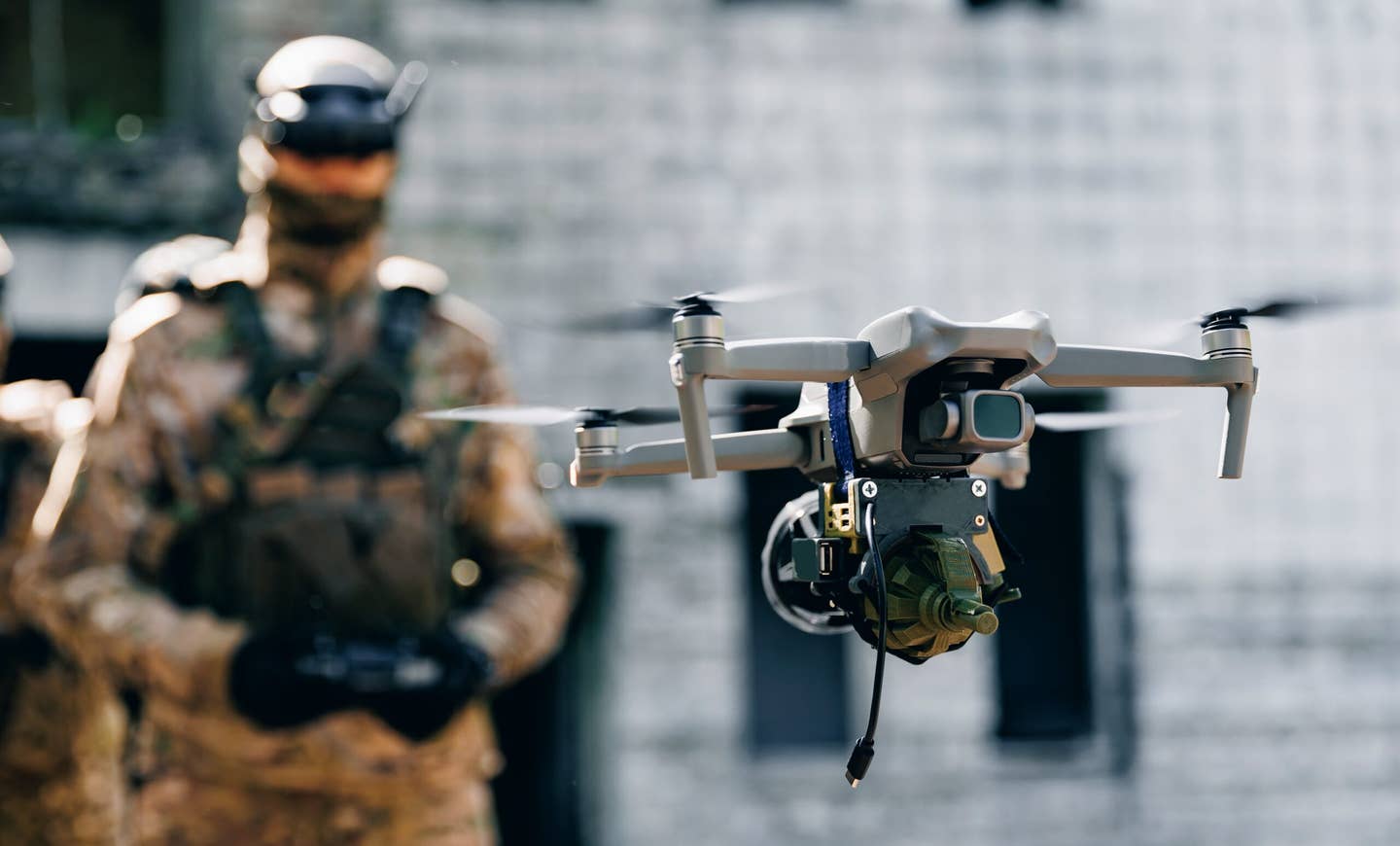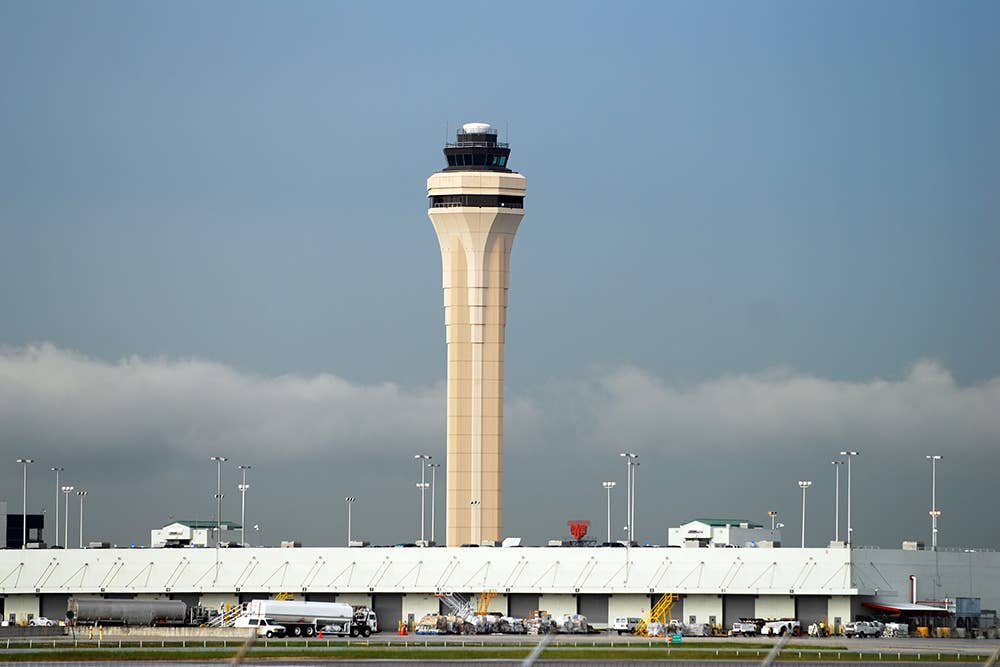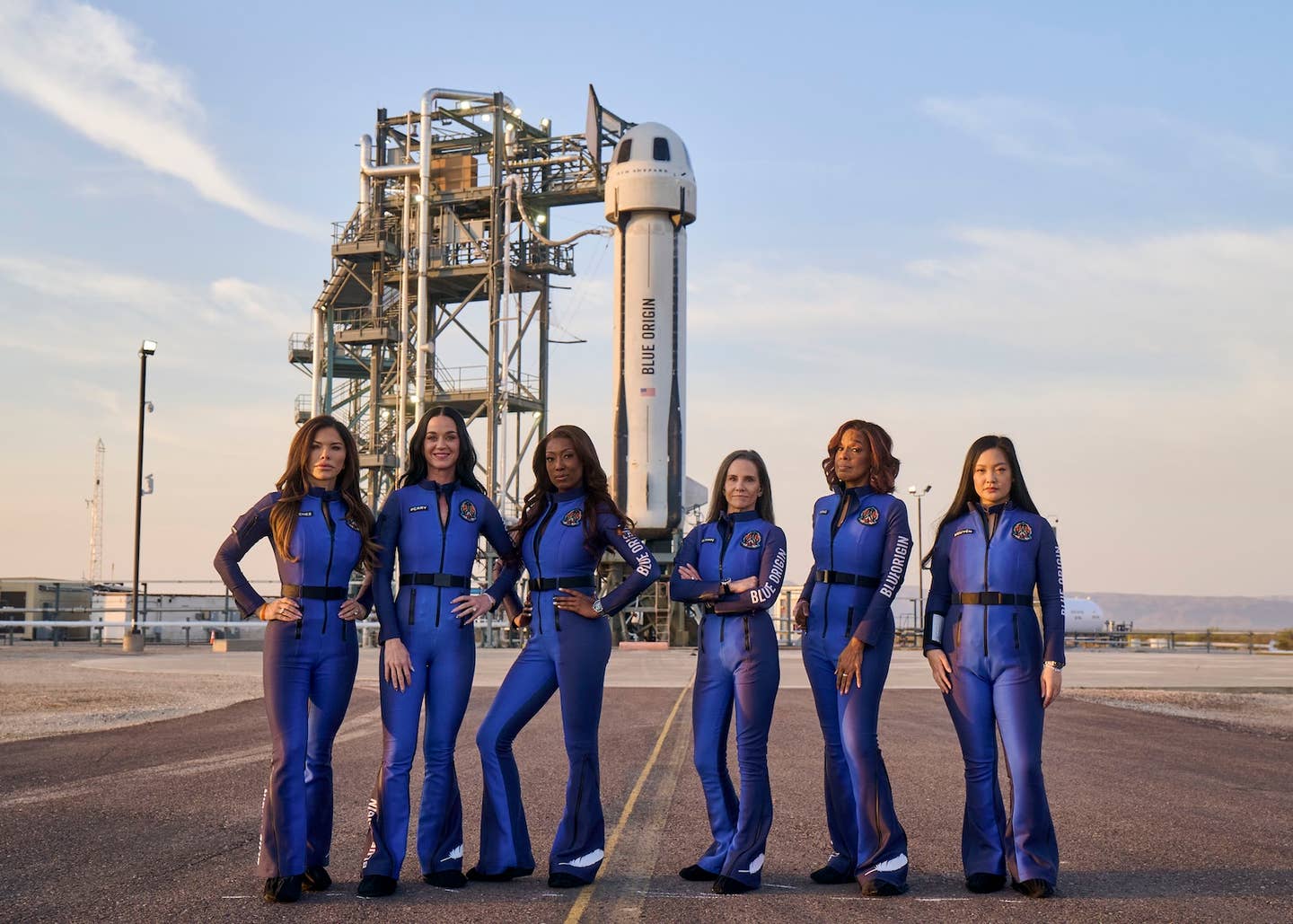
United Launch Alliance (ULA) engineers and technicians completed a successful pathfinder exercise to assess procedures and operations in early 2020 in preparation for the first Vulcan Centaur launch. United Launch Alliance
The U.S. Space Force is advancing investment in next-generation rocket development, awarding $87.5 million in contracts to Blue Origin, Rocket Lab, SpaceX, and United Launch Alliance.
The awards announced this week were made in response to a request for prototype proposals put forth by USSF in May for rocket engine testing and upper stage resiliency enhancements, underscoring a new era of national defense with merging commercial space and military interests.
The contract awards were made by USSF Space Systems Command’s Launch Enterprise through a partnership with the Space Enterprise Consortium (SpEC), an organization created to bridge the gap between the military, academia, and commercial space businesses.
The awards include:
- $24.35 million to Jeff Bezos’ Blue Origin space venture for cryogenic fluid management on the New Glenn rocket’s second stage
- $24.35 million to Rocket Lab to develop the Neutron rocket’s upper stage
- $14.47 million to SpaceX for rapid throttling and restart testing of the Raptor rocket engine, which is destined for use on SpaceX’s Starship rocket, liquid methane specification development and testing; and combustion stability analysis and testing.
- $24.35 million to United Launch Alliance for uplink command and control for the Centaur V upper stage, which will be used with ULA’s Vulcan rocket.
Work on the prototype projects is expected to be complete by 2023.
The award is “a vote of confidence” acknowledging the utility of commercial industry in the national security arena, one recipient said Monday.
“We’re dedicated to building a next-generation rocket that will transform space access for constellations through to the most critical missions in support of national security, and it’s an honor to be partnering with the U.S. Space Force to develop Neutron,” Rocket Lab CEO Peter Beck said in a statement.
“This award is a vote of confidence in Neutron and our ability to deliver a low-cost, responsive, dedicated launch for the U.S. Government. We’ve built a trusted launch system with Electron, and we’ll do it again with Neutron to continue providing unfettered access to space with our new heavier-lift vehicle.”
USSF was authorized as a stand-alone service branch in December 2019 and is focused on utilizing innovation and speed to counter emerging threats.
With the growth of commercial space tourism and satellite dependence, space has gone from a benign environment to a contested one, a USSF official told attendees of the Air Space Cyber Conference last week.
“We don’t have decades. We’re in a race with some serious adversaries that mean to deny us those advantages that we get in space,” Lt. Gen. B. Chance Saltzman, USSF deputy chief of space operations, said. “Notably, it’s clear that our strategic international competitors have been investing heavily to both take advantage of space militarily, but more importantly, investing heavily to deny others the ability to use space capabilities.”

Sign-up for newsletters & special offers!
Get the latest FLYING stories & special offers delivered directly to your inbox






